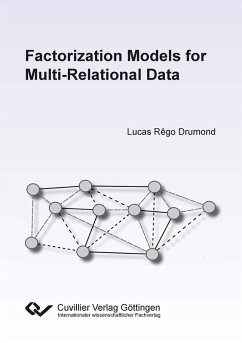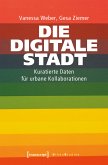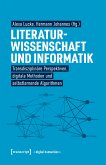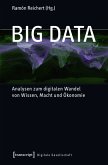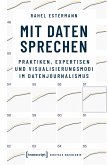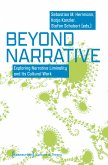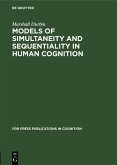Mining multi-relational data has gained relevance in the last years and found applications in a number of tasks like recommender systems, link prediction, RDF mining, natural language processing, protein-interaction prediction and social network analysis just to cite a few. Appropriate machine learning models for such tasks must not only be able to operate on large scale scenarios, but also deal with noise, partial inconsistencies, ambiguities, or duplicate entries in the data. In recent years there has been a growing interest on multi-relational factorization models since they have shown to be a scalable and effective approach for multi-relational learning. This thesis formalizes the relational learning problem and investigates open issues in the state-of-the-art factorization models for multi-relational data. Specifically it studies how to deal with the open world assumption present in many real world relational datasets and how to optimize models for multiple target relations.
Dieser Download kann aus rechtlichen Gründen nur mit Rechnungsadresse in A, B, BG, CY, CZ, D, DK, EW, E, FIN, F, GR, HR, H, IRL, I, LT, L, LR, M, NL, PL, P, R, S, SLO, SK ausgeliefert werden.

